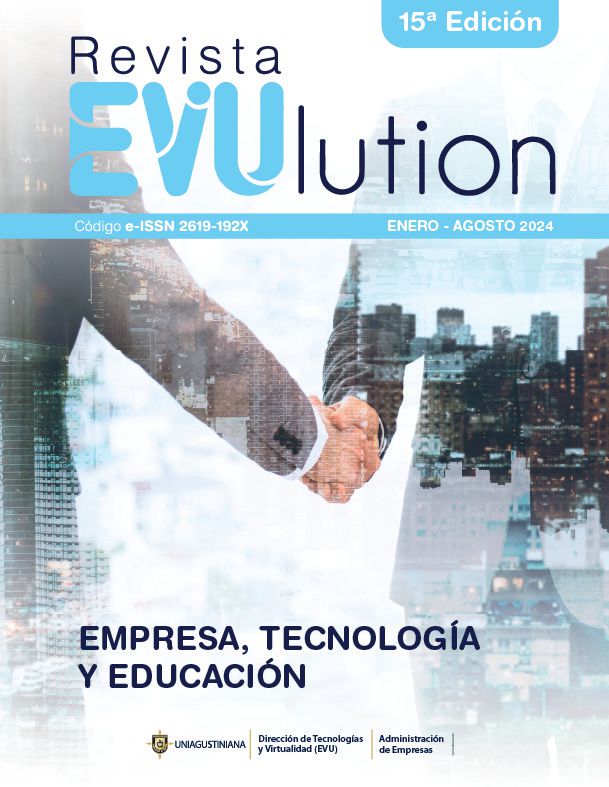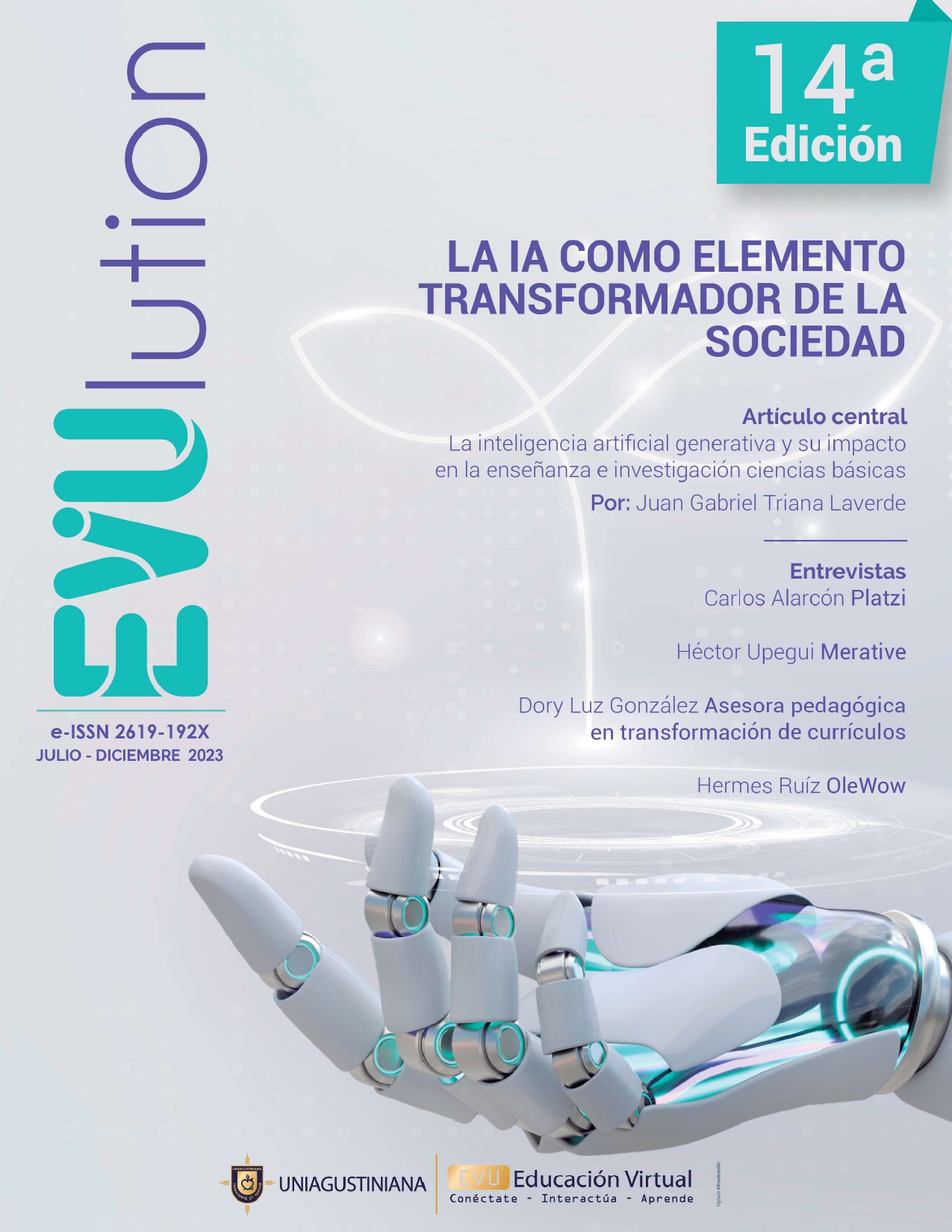
Núm. 15 (2024)
En la actualidad, la interacción entre educación, tecnología y empresa se ha convertido en un elemento crucial para el desarrollo de nuestras sociedades. La transformación digital está revolucionando el ámbito educativo, facilitando un acceso más equitativo al conocimiento y permitiendo un aprendizaje adaptado a las necesidades individuales. Herramientas como las plataformas de educación en línea y las aplicaciones interactivas están redefiniendo cómo los estudiantes adquieren habilidades y se preparan para un mercado laboral que exige competencias tecnológicas avanzadas. Esta evolución plantea un desafío y una oportunidad para que los sistemas educativos se ajusten a las demandas del siglo XXI.

Núm. 14 (2023)
La Inteligencia Artificial se refiere a la habilidad de un sistema informático para llevar a cabo labores que comúnmente demandan la intervención del cerebro humano. Además, tiene la capacidad de imitar funciones como el aprendizaje, la percepción, el razonamiento y la solución de problemas de manera similar a los seres humanos. Este concepto se fundamenta en el uso de algoritmos y modelos matemáticos diseñados para analizar extensas cantidades de datos y tomar decisiones o realizar acciones en función de ellos. En la presente edición se aborda el tema de la Inteligencia artificial, no solo desde el ámbito tecnológico, educativo y sanitario, sino también a partir de la investigación y el poshumanismo.


